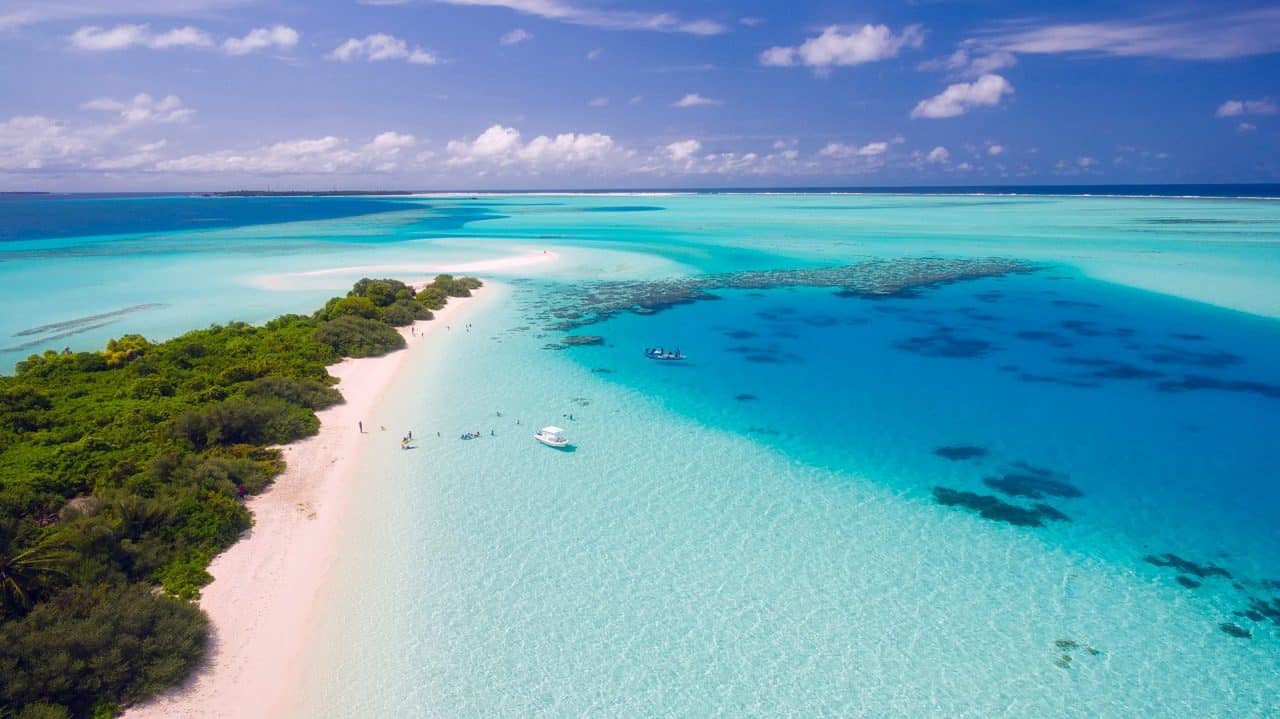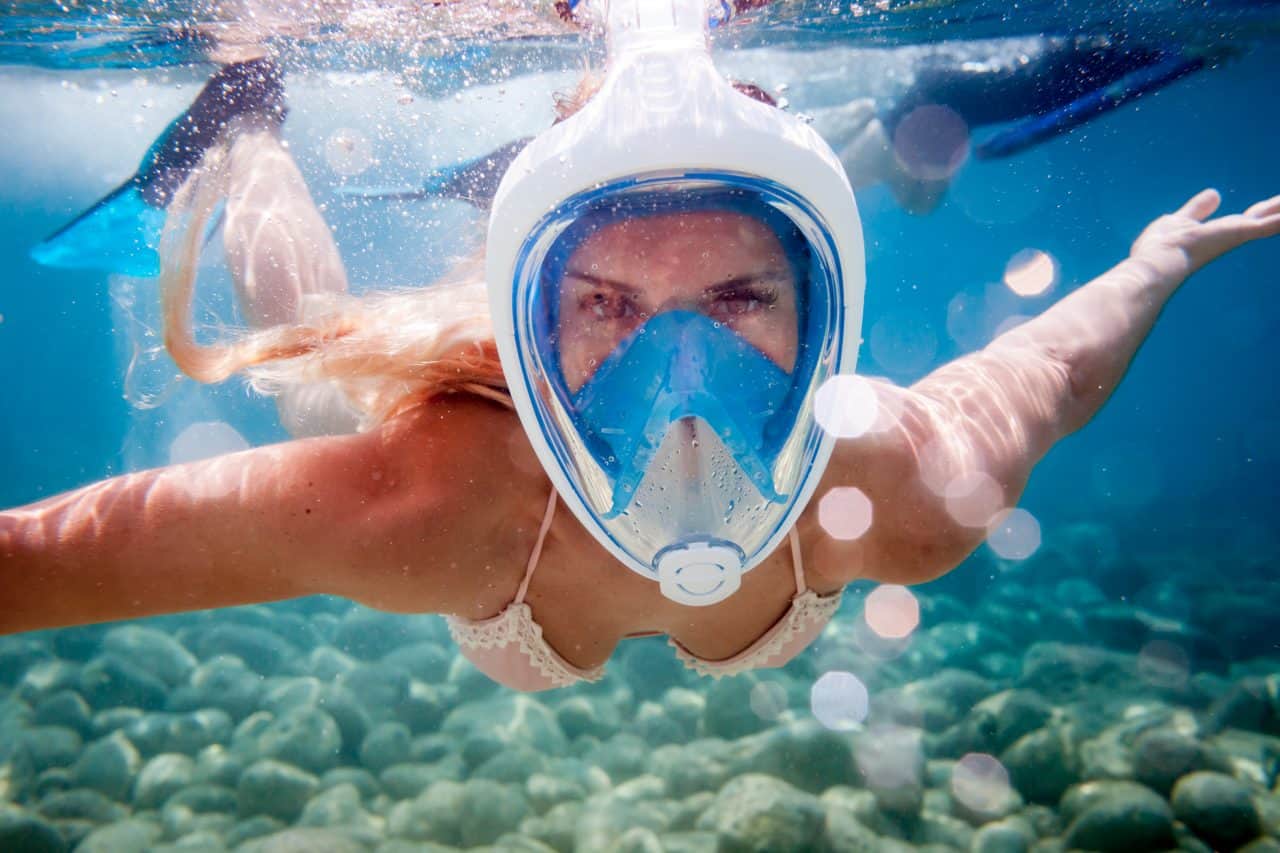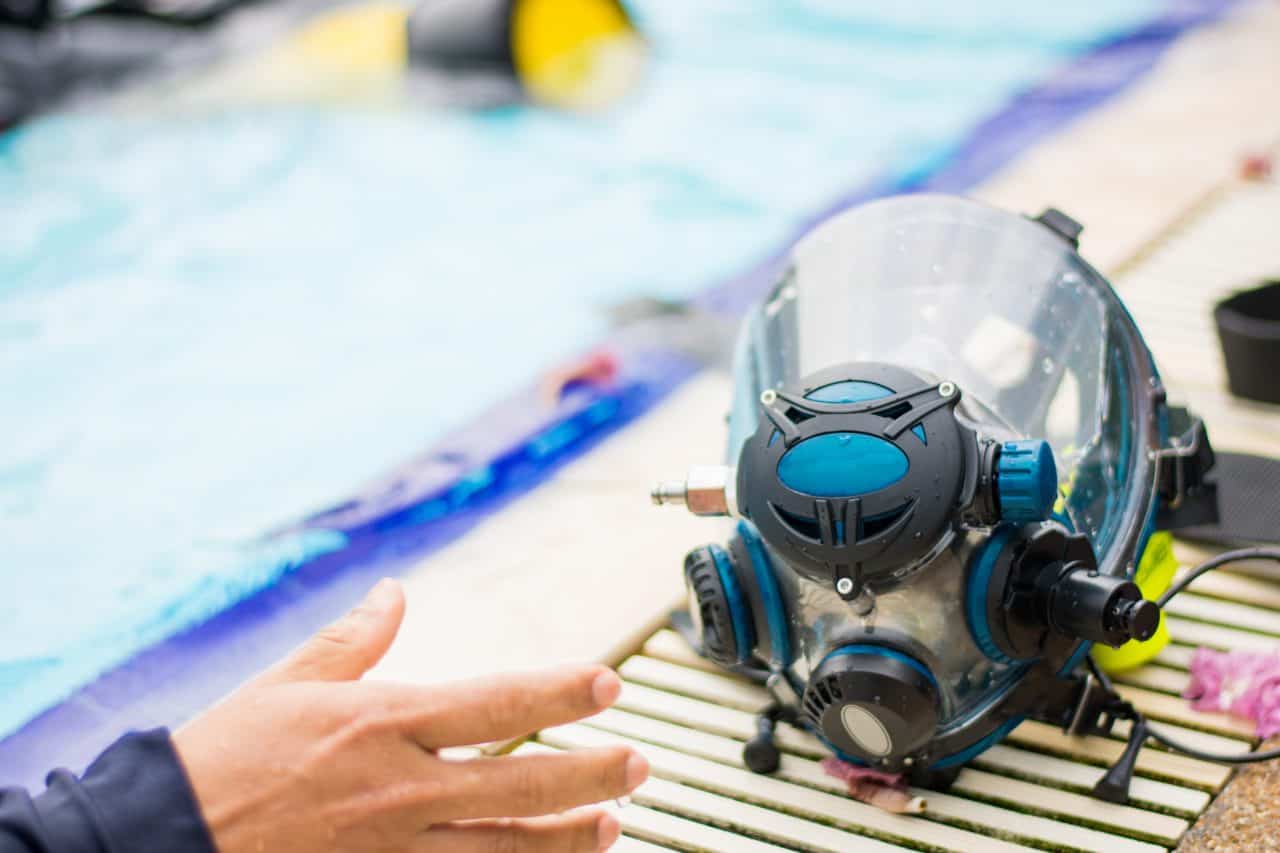Since a lot of us are going to be quarantined in order to stop the propagation of the now sadly famous Coronavirus, we figured we can still travel from behind our screens! Of course, the situation is frustrating for many, having to cancel travel plans is never what we want, and is highly disappointing. Plus, it’s not like if we, humans of 2020, are used to such a pandemic situation that affects lots of countries.
So, choosing to see things on the positive side, we thought it could be great to share with Divezone readers a bunch of amazing scuba diving movies and documentaries. Let us know if you watch, or have watched, some in the comments below!
Best diving related movies
There’s no way to publish this post without starting with classics such as the Leviathan, Sphere, and Thunderball… which are now quite old, thus classic diving movies! Do you already have them on your ‘to watch list’ ? There are a bunch of other classics that easily make the list of all times movies to watch such as 20 000 Leagues Under the Sea. What else?
Also, there’s Into the Blue, which is a personal favorite, for its whole vibe, and for the sake of Paul Walker or Jessica Alba, of course! Another more recent Hollywood title to watch would be Halle Berry’s Dark Tide, especially for shark lovers! Plus, a James Cameron classic, the Abyss is definitely a must-watch, just like The Deep, from James Benchley, the author of Jaws.

Whichever movie you’ll decide to watch, you will end up traveling through the crystal clear waters of either the Bahamas, the British Virgin Islands, or the stormy waters of South Africa for example.
Scuba Diving movies – the watchlist!
- Leviathan
- Sphere
- Thunderball
- 20 000 Leagues Under the Sea
- Into the Blue
- Dark Tide
- The Abyss
- The Deep
Best scuba diving documentaries
There are plenty of scuba diving and ocean-related documentaries to watch out there, either on Netflix or any streaming platform. Whether you are into discovering the magical underwater world from the comfort of your living room or learning about climate change impacts on oceans, you will find a documentary to keep you busy!
Life in the Blue and The Blue Planet are great documentaries to watch to simply discover the oceans through amazing footages of the sealife and species natural behaviors.
As for more engaging documentaries, A Plastic Ocean and Chasing Corals are definitely our two ‘must-watch’ titles! Plus, there is a documentary series from the BBC called South Pacific, which is amazing to watch with its historical perspective of the development of islands in the region and consequent impacts on the marine world.
Scuba diving documentaries – The watchlist!
- Life in the Blue
- The Blue Planet & The Blue Planet II
- A Plastic Ocean
- Chasing Corals
- South Pacific
On this, we wish for you all to stay safe and healthy! We advise listening to the official entities in your country when it comes to travel advisories and public health and safety. Thank you for reading Divezone, and please drop us a line in the comments below with your favorite movie or documentary when it comes to travel or scuba diving!




 Private Scuba Tuition – Learn Scuba Skills.
Private Scuba Tuition – Learn Scuba Skills.